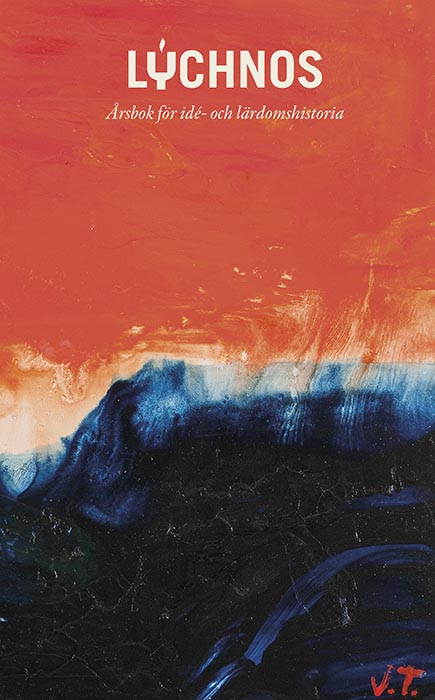Shaftesbury om poetisk sanning och det naturliga samhället
Nyckelord:
Shaftesbury, Aristotle, nature, poetical truth, PrometheusAbstract
One of the most original voices in British post-revolutionary philosophy belongs to the third Earl of Shaftesbury (1671–1713). Rather than supporting the Hobbesian and Lockean idea of modern political society as an artificially formed creation, Shaftesbury perceives society as a beneficial outcome of nature and natural rationality. Shaftesbury’s understanding of natural society is furthermore entwined with aesthetic matters. The aim of the following article is twofold. First, due to the fact that Shaftesbury’s ideas rarely are analysed in any detail by Swedish scholars, it offers an introduction to Shaftesbury’s take on the complex relation between society and poetry to readers of eighteenth-century intellectual history in general, and readers of the history of literature in particular. Second, given that Shaftesbury is frequently regarded as the first modern advocate of aesthetic autonomy, I wish to problematize such an account by showing how Shaftesbury opposes the idea that poetry holds an instrumental value for society, while he simultaneously maintains the inseparability of poetical truth, artistic whole, and political naturalism. As this article shows, the Promethean myth of creativity is central for Shaftesbury’s understanding of the relation between society and poetry.
Downloads
Publicerad
Nummer
Sektion
Licens
This work is licensed under a Creative Commons Attribution 4.0 International License. The copyright for the work published in Lychnos remains with the authors.


